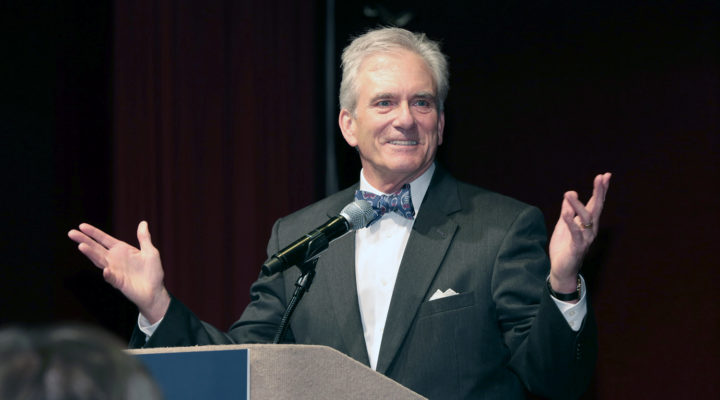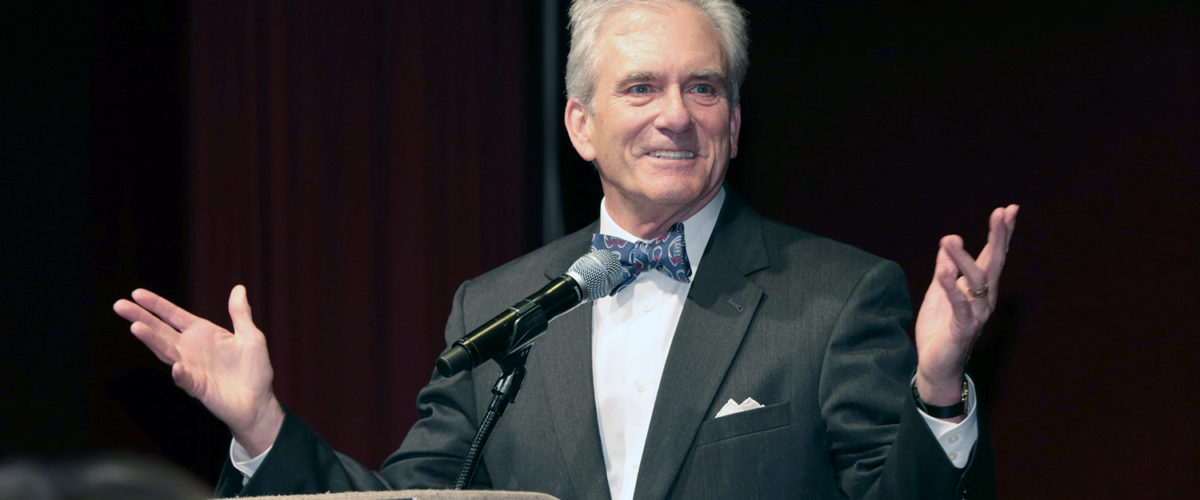9 books to help navigate the fog.
This year’s presidential campaign has taken some of the strangest twists in U.S. history. No wonder the issues raised by the candidates have left voters bewildered. Brent Walker, executive director of the Baptist Joint Committee for Religious Liberty, suggests nine books that can help clear things up.
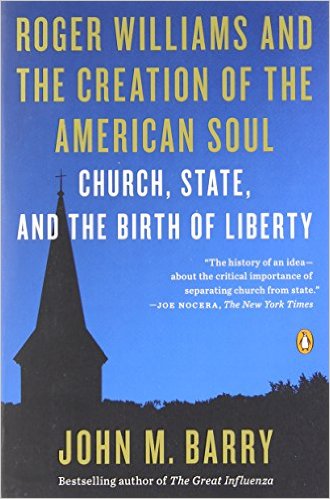 Barry, John M., Roger Williams and the Creation of the American Soul: Church, State, and the Birth of Liberty. New York: Penguin Group, 2012.
Barry, John M., Roger Williams and the Creation of the American Soul: Church, State, and the Birth of Liberty. New York: Penguin Group, 2012.
Barry examines the origin of two fault lines in America. The first: the proper relationship between the church and state; the second: the balance between the rights of the individual versus the power of the state. Roger Williams’ fight for religious freedom and his interactions with Winthrop, Coke and other leaders in early American history ultimately guide this book’s discussion about politics, religion and ideology in America today.
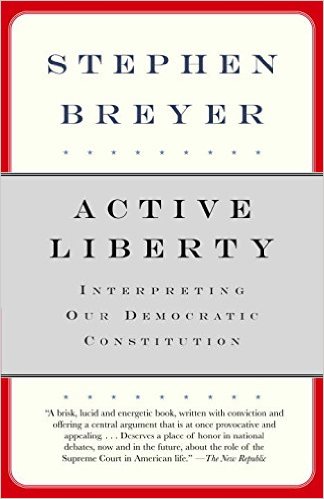 Breyer, Stephen, Active Liberty: Interpreting our Democratic Constitution. New York: Vintage Books, 2005.
Breyer, Stephen, Active Liberty: Interpreting our Democratic Constitution. New York: Vintage Books, 2005.
Supreme Court Justice Breyer’s book argues that promoting active liberty requires judicial modesty and deference to Congress, as well as recognizing the needs and demands of the populace. Breyer evaluates the power of our courts while making a case for treating the Constitution not as a static guide, but as principles that can be adapted to unanticipated circumstances.
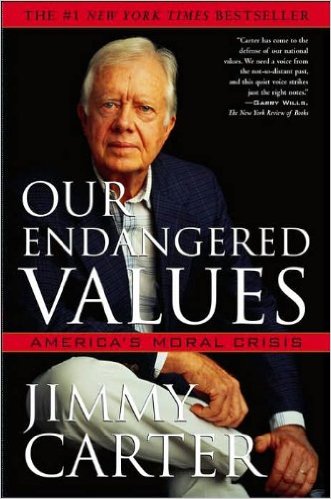 Carter, Jimmy, Our Endangered Values: America’s Moral Crisis. New York: Simon & Schuster, 2005.
Carter, Jimmy, Our Endangered Values: America’s Moral Crisis. New York: Simon & Schuster, 2005.
Carter defends the separation of church and state while considering moral values related to important — and fiercely debated — issues today. Carter discusses how the changes in society impact the religious and political world, and he warns readers of where the nation may be headed as the line between politics and religion is increasingly blurred or disregarded altogether.
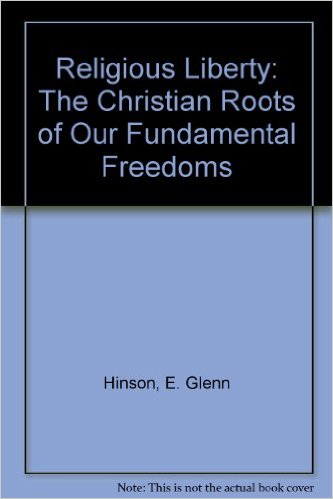 Hinson, E. Glenn, Religious Liberty: The Christian Roots of our Fundamental Freedoms. Louisville: Glad River, 1991.
Hinson, E. Glenn, Religious Liberty: The Christian Roots of our Fundamental Freedoms. Louisville: Glad River, 1991.
This book studies the historical role Christians and Christianity played in making religious liberty for all a possibility as Hinson traces the principles of religious liberty to the New Testament and the Christian faith.
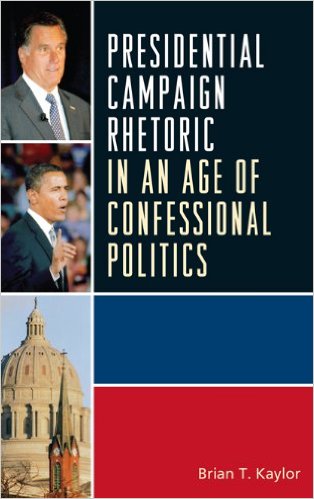 Kaylor, Brian, Presidential Campaign Rhetoric in an Age of Confessional Politics. Lanham, UK: Lexington Books, 2011.
Kaylor, Brian, Presidential Campaign Rhetoric in an Age of Confessional Politics. Lanham, UK: Lexington Books, 2011.
Kaylor’s book examines contemporary political discourse and how religious rhetoric changed after the election of a Bible-quoting Sunday school teacher named Jimmy Carter. Exploring American cultural shifts that led to candidates sharing their personal religious beliefs, Kaylor delves into what the confessional political style means for our presidential campaigns and our democracy.
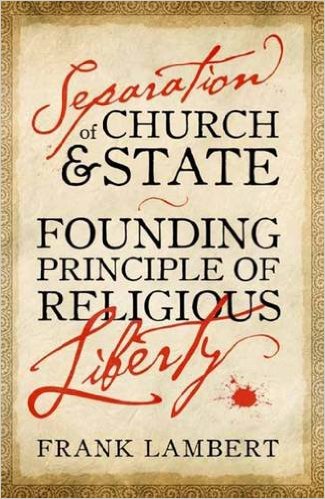 Lambert, Frank, Separation of Church & State: Founding Principle of Religious Liberty. Macon: Mercer University, 2014.
Lambert, Frank, Separation of Church & State: Founding Principle of Religious Liberty. Macon: Mercer University, 2014.
Expanding upon his 2012 Shurden Lectures at Mercer University, Lambert’s book is a rigorous study of both the founding documents and the historical record. Throughout his book he exposes “historians” that exploit half-truths and the “usable past” to further their own agendas, and he debunks the assertion that the founding documents do not advocate a separation of church and state.
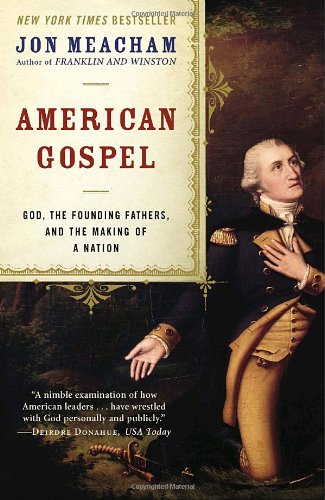 Meacham, Jon, American Gospel: God, the Founding Fathers, and the Making of a Nation. New York: Random House, 2006.
Meacham, Jon, American Gospel: God, the Founding Fathers, and the Making of a Nation. New York: Random House, 2006.
In this work, Meacham examines the intersection of religion and politics during the founding period and through the 20th century. Beginning with John Winthrop and ending with Reagan, Meacham emphasizes the importance of civil religion and preventing government from interfering with citizens’ free exercise.
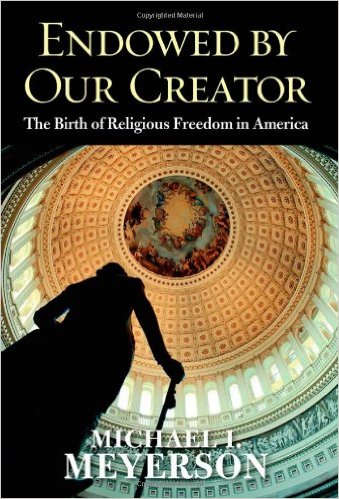 Meyerson, Michael I., Endowed by Our Creator: the Birth of Religious Freedom in America. New Haven: Yale, 2012.
Meyerson, Michael I., Endowed by Our Creator: the Birth of Religious Freedom in America. New Haven: Yale, 2012.
Meyerson’s storytelling skills make this book come alive as he digs into the debated arena of our nation’s framers and their concept of freedom of religion. Unlike most, this book explores the actual writings and actions of Washington, Adams, Jefferson, Madison and others. He maintains that the framers believed in the virtue of religion while seeking religious liberty for all as a fundamental American value.
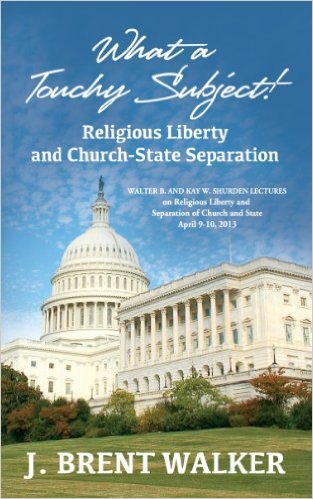 Walker, J. Brent, What a Touchy Subject!: Religious Liberty and Church-State Separation. Macon: Nurturing Faith, 2014.
Walker, J. Brent, What a Touchy Subject!: Religious Liberty and Church-State Separation. Macon: Nurturing Faith, 2014.
Although the title comes from an old Calvin and Hobbes cartoon, this book takes seriously religious liberty and its importance to the principles of our nation. It brings together the historical, legal and theological principles that undergird the First Amendment, and it traces the roots of these principles past our nation’s framers to religious persons with strong convictions regarding the protection of religious liberty for all.

